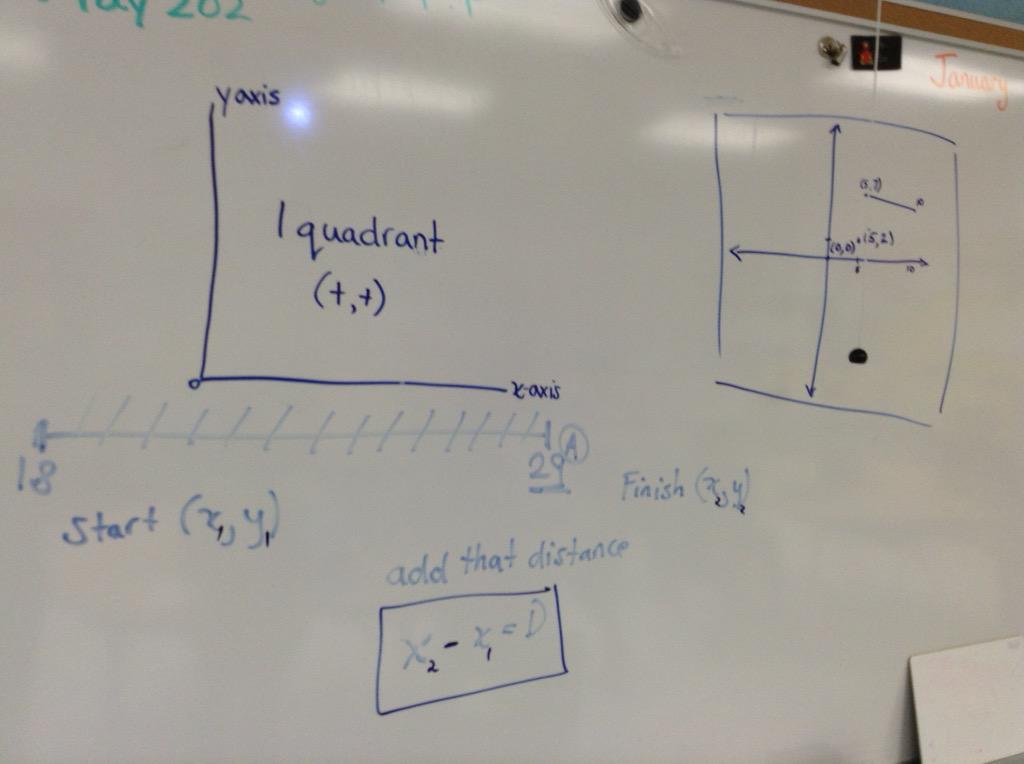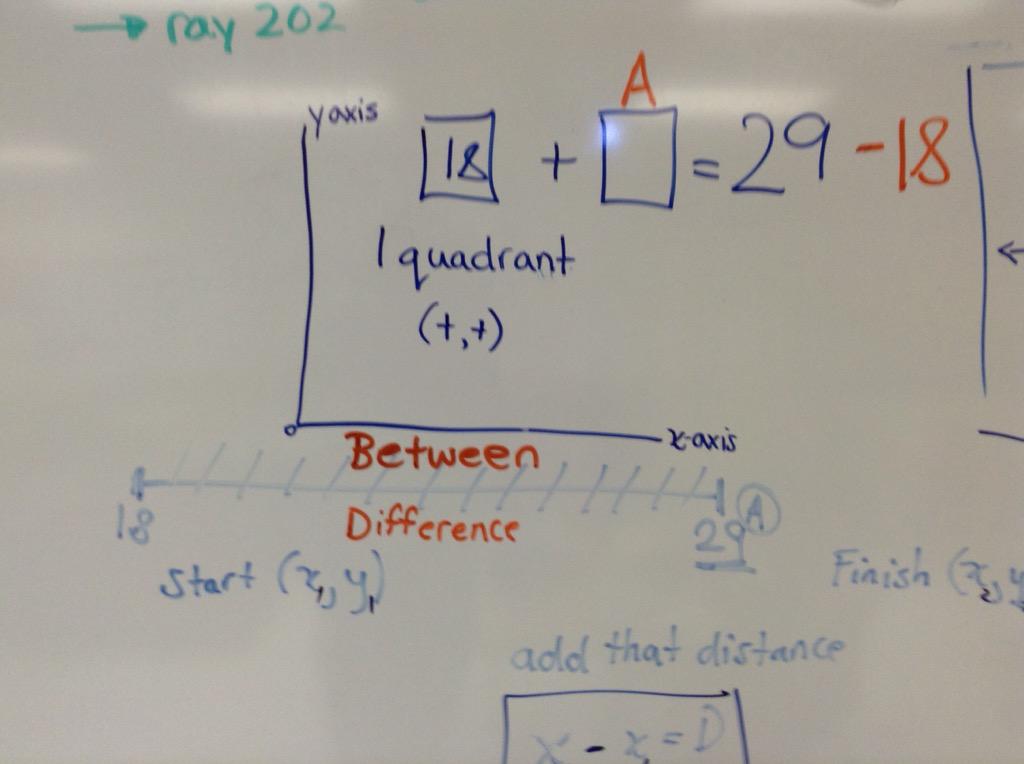I have been having a great discussion on the use of coding in the classroom with some amazing g educators (
Aviva Dunsiger,
Brian Asinall and
Enzo Ciardelli ). The conversation has been about using coding in the classroom and the reasons why and how we use it. You can read some blogs here.
Today Brian posted this
The conversation has been amazing so much so that I cannot keep my thoughts to 70 characters with everyone involved. So I thought I would state them here.
In this conversation I stated that a teacher can change the outcome of a task. I have also stated in other blog posts that the role of the teacher is critical to the learning of students and the speed of their growth.
I see many things in our education releam as really cool things to do. We have iPads, Minecraft, inquiry, problem based learning and coding. The problem is that these are just cool things, if I can dumb it down to that (and please do not take me for saying that these things are not important. In fact I think they are all highly important). What I am trying to argue is that without good teaching a task is a task and even if it's the newest thing or an important thing with out good teaching it is useless and can hurt student development.
What is good teaching?
We have numerous ideas as to what that is but for me a good teacher does:
1) Puts students first: I know this is suppose to be obvious but a good teacher knows ther students, is able to understand them and is able to meet their needs.
2) anticipates problems: there is a lot that goes into planning a lesson but one thing is that a good teacher knows how to foresee problems and misconceptions because they have anticipated these problems
3) uses contexts for deep learning: A good teacher is always thinking about the context in which students are learning in and from.
4) able to guide and redirect the learning through questions: A good teacher has a bank of effective questions that will facilitate good rich discussions. They also know how to ask questions that will scaffold student thinking and move them along a continuum of learning.
5) understands both content and curriculum really well.
6) makes mistakes, acknowledges mistakes and is always learning
Now why is this important? Because a good teacher, through these qualities, can turn any task into an engaging, thoughtful and amazing lesson. Because they have a good understanding of student development, content and curriculum they are able to turn a basic plan into one of rich discussion. It is these lessons that we are striving for.
So when we argue that Brian's task may be a task card or a list of checks and skills a good teacher can turn that activity card into an amazing lesson where students are creating, checking, reflecting and then discussing the curriculum links to what is there. Yes you can take it at its face value and see a list of skills but you can also see a lot of learning goals both in curriculum and in soft learning skills. It transcends the application of coding.
I would also suggest that even though coding is not in our curriculum a good teacher recognizes that there are many important skills that students need to learn outside of our stated curriculum. Yes our curriculum is important, yes it must be taught but a good teacher knows how to manipulate it so it's not a series of checks but deep conceptual learning. They know how to incorporate the necessary skills of the future into a lesson not because it says we have to but because kids need to learn it.
To me the curriculum is important but it's not the end all that we make it out to be. Learning is! Now we cannot forget the development of that learning and the curriculum does provide that nicely for us but we should be looking at the learning. Coding provides that opportunity to learn and learn about learning. Students are engaged in problem solving, rethinking, being creative, being mathematicians, etc. Yes it is not the end all to be all and yes it is something that I wouldn't spend all of my time on but I think it is still something that must be taught and should be taught.
I guess in the end what I am saying is that an effective teacher knows how to manipulate the curriculum so that students are always engaged in rich contextual lessons no matter what that may be. A good teacher can make all the difference to any task.
I am not too sure if I am making a local argue net but I would love to hear your thoughts:
1) what do you think makes a good teacher?
2) what is the role of the curriculum and how should we use it?
3) what of soft skills?
4) what about these "fun" things like coding, minecraft, iPads, etc? what do they have to offer?





.png)
.png)
.png)






